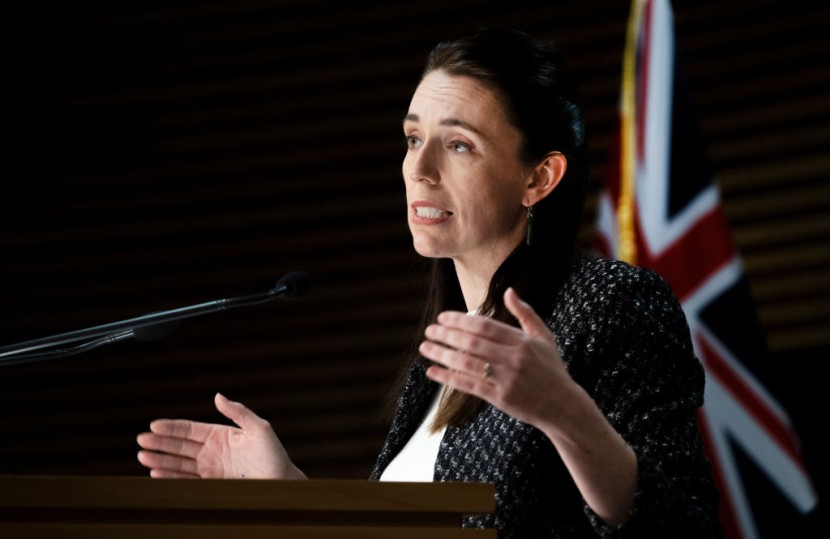
New Zealand Prime Minister Jacinda Ardern recently announced that the country would no longer be able to support its zero-COVID strategy amid the surge of the Delta variant and lagging vaccination rates of residents.
The nation previously enforced strict protocols, including closing its borders and implementing lockdowns to keep the coronavirus spread to a minimum. New Zealand was able to maintain its "COVID zero" strategy despite other Asia-Pacific countries accepting they would have to live with the infection.
New Zealand's Zero-COVID Strategy
On Monday, Ardern acknowledged that her government would end its elimination strategy after spending seven weeks in lockdown. The efforts have failed to stop the most recent outbreak of the Delta variant in the region. The official announced restrictions across Auckland would slowly be lifted.
"We're transitioning from our current strategy into a new way of doing things. With Delta, the return to zero is incredibly difficult, and our restrictions alone are not enough to achieve that quickly. In fact, for this outbreak, it's clear that long periods of heavy restrictions has not got us to zero cases," said the prime minister in an address, the New York Times reported.
New Zealand has relied on the elimination strategy to prevent the spread of the coronavirus infection until the most recent cases. The nation was able to go back to in-person work and study while also opening up sports stadiums.
The latest Delta surge originated from an elusive individual who came into the country in August traveling from Australia. The reported case immediately placed the entire region in lockdown which was not enough to totally stomp the spread of the infection.
Some believe that the government's failure to maintain its zero-COVID strategy was that some of the infected people were from groups who were wary of authorities. These include gang members and homeless residents who live in transitional housing, Yahoo News reported.
Lagging Vaccination Rates
The quick spread of the Delta variant in the region could also be attributed to the lagging vaccination rates among residents. In the first two days of September, there were more residents vaccinated against the coronavirus than the last seven days of the same month.
Future schedules for inoculation in New Zealand have also dropped, having only growth of about 5,000 people per day. As of Friday midnight, 76% of the country's residents aged 12 years or older have been partially vaccinated and only 45% have been injected with both doses of the vaccine.
While the number of people that would become fully vaccinated will more likely reach 50% by the end of next week, the doses were already locked in when they had their first shots. But the government is struggling the most to have about one million Kiwis aged 12 years and older who have not yet gotten their first dose to be vaccinated.
Over the last week, New Zealand authorities recorded only about 13,000 first doses being administered. At the current rate, the country would only be able to vaccinate 90% of its population aged 12 years or older by Nov. 15, Stuff reported.
Related Article:
© 2025 HNGN, All rights reserved. Do not reproduce without permission.








